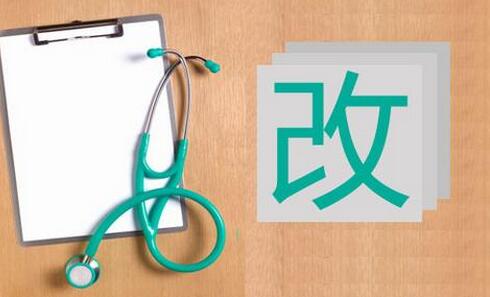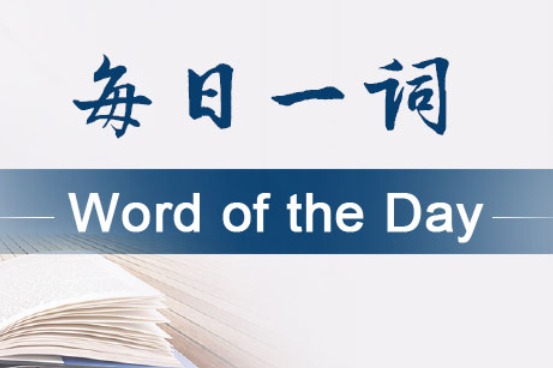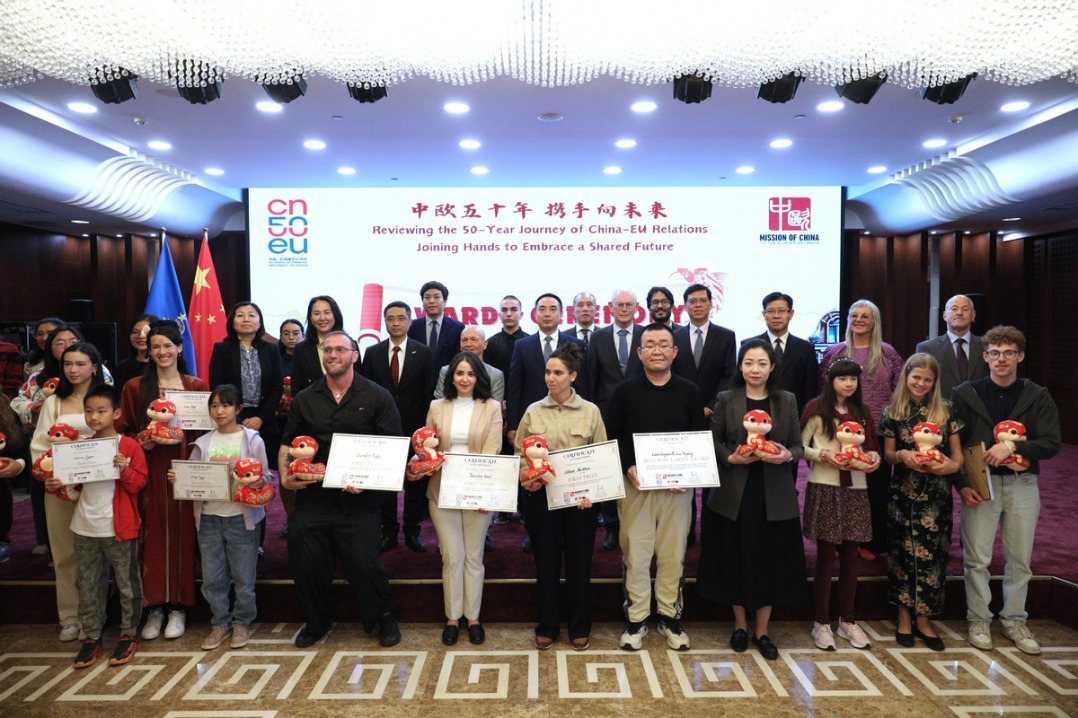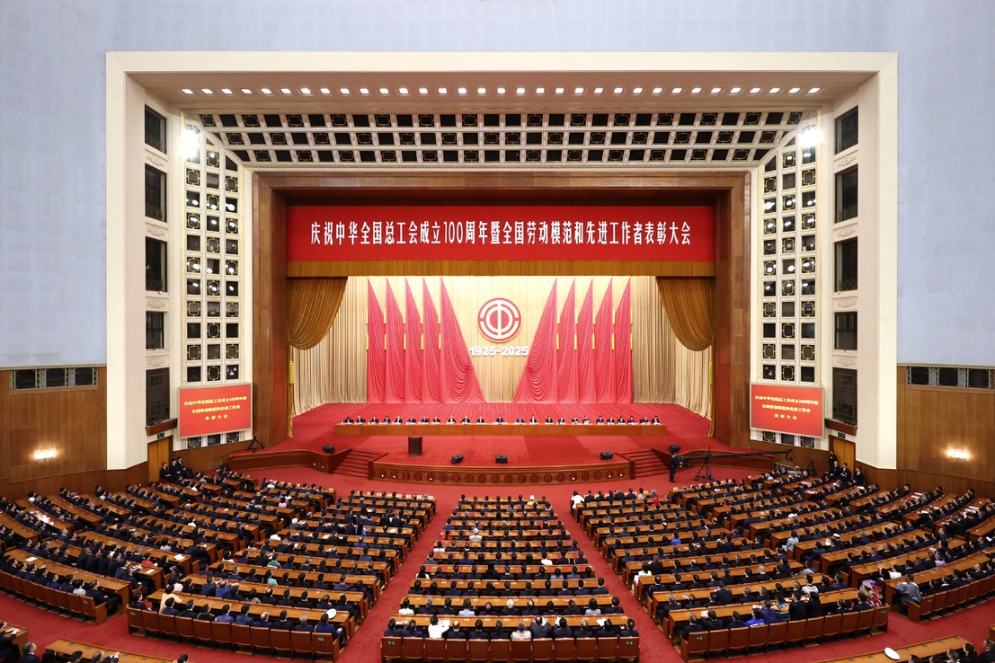双语解读北京医改新政:“医事服务费”英语咋说?
中国日报网 2017-03-24 13:27

《北京市医药分开综合改革实施方案》3月22日正式发布。4月8日起,北京所有公立医疗机构都将取消挂号费、诊疗费,取消药品加成,设立医事服务费。同时,435项医疗服务价格也将规范调整。

Beijing introduced a reform plan on Wednesday to end markups on drug prices and adjust prices of 435 medical services.
北京22日推出改革方案,取消药品加成,调整435项医疗服务价格。
今年的《政府工作报告》指出,“全面推开公立医院综合改革,全部取消药品加成,协调推进医疗价格、人事薪酬、药品流通、医保支付方式等改革。(We will introduce overall reform in public hospitals nationwide, abolish all markups on pharmaceuticals, and make coordinated progress in reforming health care pricing, staffing and remuneration, medicine distribution, and models of health insurance payment.)”
北京率先发力,推出医改新政,显示出对执行医改任务的强烈决心。取消药品加成(drug markups)和挂号费(registration fee)、诊疗费(treatment fee),设立医事服务费(medical service fee),并规范医疗服务价格等举措,其目的是补偿医疗机构部分运行成本,体现医务人员的技术劳动价值。
下面,我们用中英双语为大家梳理一下北京医改新政的几个亮点。
医事服务费 medical service fees
此次公布的方案中,最引人注意的就是北京公立医疗机构将取消药品加成(不含中药饮品)和挂号费、诊疗费,设立医事服务费。
Starting April 8, a medical service fee will replace drug markups, registration and treatment fees, according to the plan.
方案规定,从4月8日起,医事服务费将取代药品加成、挂号费及诊疗费。
Drug prices were previously marked up by as much as 15 percent, but this will be disallowed in more than 3,600 hospitals and medical institutions in the city.
此前,药品价格中至少包含15%的加成,改革方案实施以后,北京市3600多家医院和机构将不得再有药品加成。
据了解,北京市医保基金将医事服务费整体纳入城镇职工基本医疗保险、城乡居民基本医疗保险、生育保险和工伤保险报销范围内。不过,不同级别的医院、医生,医事服务费及报销金额有所区别。
比如,三级医院普通门诊医事服务费为50元,知名专家则为100元,两者的报销金额均为40元,而二级医院的普通门诊医事服务费为30元,报销金额为28元。

图片来源:健康北京
调整医疗服务价格 adjusting prices of medical services
按照“总量控制、结构调整、有升有降、逐步到位”的原则,将对435个医疗服务项目价格进行有升有降的调整。上调护理、中医、手术等体现医务人员技术劳务价值的项目价格,下调CT、核磁等大型检查设备收费价格。
Prices of certain medical services that involve a lot of experience, skills and labor of medical staff will be increased, including acupuncture, operations and nursing. But fees for use of certain equipment, such as computed tomography (CT) and nuclear magnetic resonance (NMR), will be brought down.
针灸、手术及护理等体现医务人员经验、技术及劳动价值的特定医疗服务价格将进行上调,而CT、NMR等设备的使用价格则进行下调。

针灸(资料图)
例如,头部CT从180元降低到135元,核磁从850元降低到400-600元,PET/CT从10000元降低到7000元。
而普通床位费,从现行的28元提高到50元;二级护理费用从7元提高到26元;阑尾切除术从234元调整为560元;针灸从4元提高为26元等。
药品阳光采购 transparent drug purchases
方案明确将实施药品阳光采购,方法是向所有的药品生产企业公开药品质量指标、全国中标价格,向社会公开医疗机构采购、使用及品种变化信息,打破昔日药品价格等信息不透明状态。

资料图
To ensure medicine prices drop, Beijing will mandate transparent drug purchases, choosing suppliers through open bidding and requiring the full disclosure of drug and producer information.
为确保药品价格下降,北京市将强制实施药品阳光采购,通过公开招标选择药品供应商,并向社会公开药品及生产厂家的信息。
调整生活困难群体救助标准 adjustments to medical aid to low-income residents
北京市民政局将调整特困供养人员、最低生活保障人员、生活困难补助人员和低收入救助人员的救助标准。
The reimbursement ratio of outpatient service will be raised to 80 percent with a yearly cap of 6,000 yuan from the present 70 percent and 4,000-yuan cap. Eighty percent of inpatient service costs, with a yearly cap of 60,000 yuan, will be covered by medical aid. Aid to poor patients with major diseases will also be bumped to up to 120,000 yuan a year, or 85 percent of the total medical bill, from the present 80,000-yuan cap and 75 percent.
门诊救助比例从70%调整到80%,全年救助封顶线从4000元调整到6000元(享受城镇职工基本医疗保险的救助对象除外)。住院救助比例调整到80%,全年救助封顶线调整到6万元。重大疾病救助比例从75%调整到85%,全年救助封顶线从8万元调整到12万元。
(中国日报网英语点津 马文英)

















 英语点津微信
英语点津微信 双语小程序
双语小程序